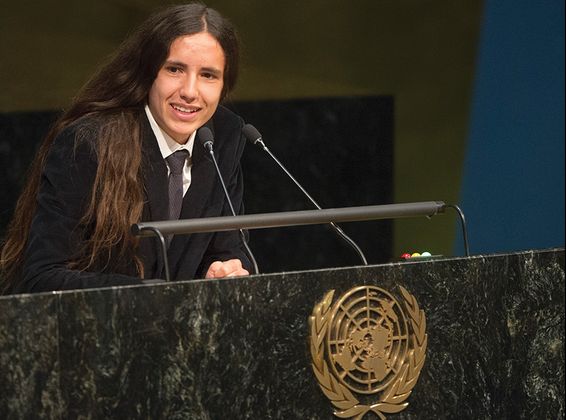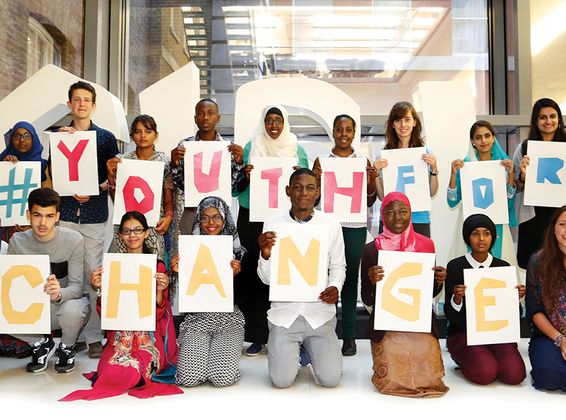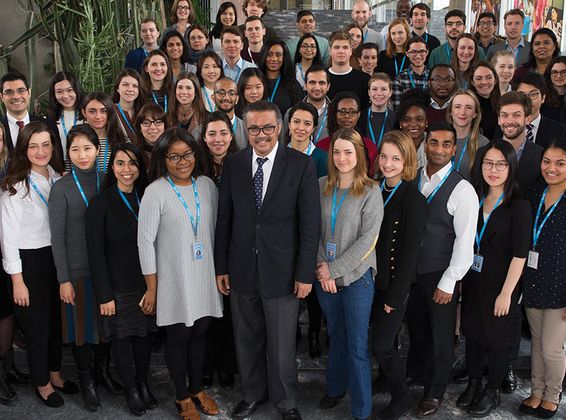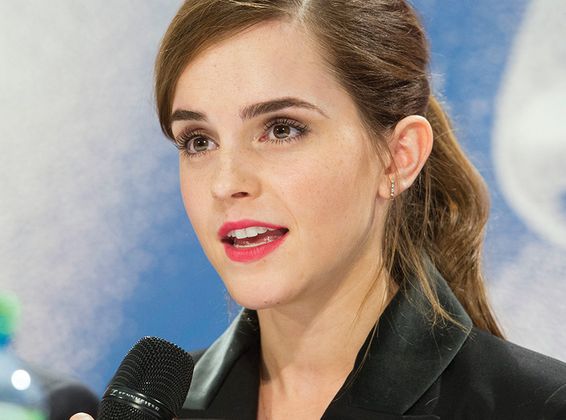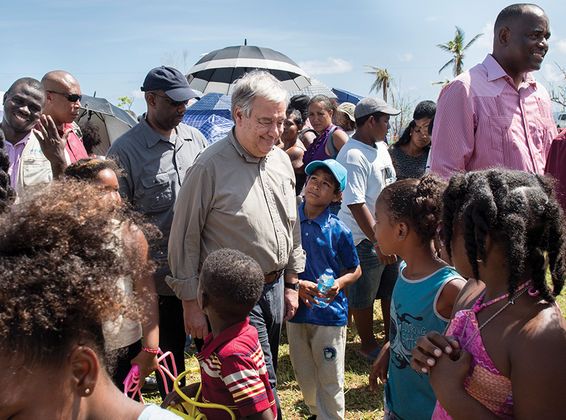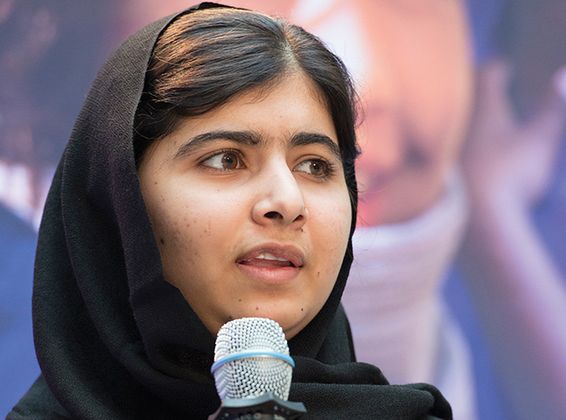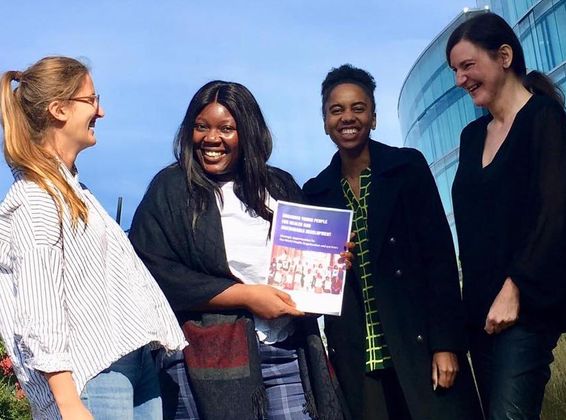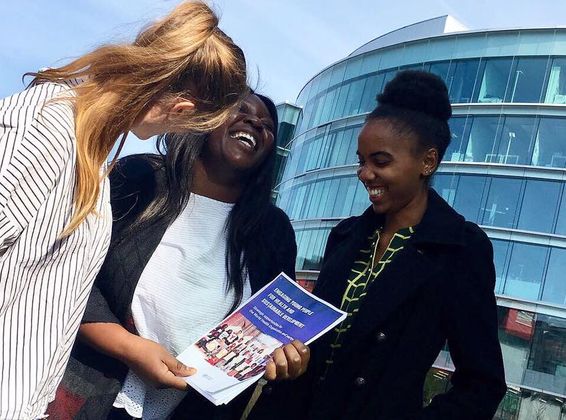Engaging youth for health and sustainable development globally
The World Health Organization transforms its engagement with young people and partners
Challenge
The world today has the largest generation of young people in history with 3 billion below the age of 24 (1.8 billion between the ages of 10 and 24 years). Close to 90% live in developing countries. It is also potentially the most influential, namely due to the rapid increase and geographical spread of digital technologies in an increasingly networked world. The inclusion and engagement of young people is critical to ensure our healthy and sustainable future. However, there are still many barriers that prevent them from realizing their rights and driving transformative change.
How can the World Health Organization (WHO) profoundly transform its engagement with young people and strengthen its partnerships for young people enabling them to create a healthy and sustainable future for our planet?
I could sit by idly as the world around me - my world - collapsed. But a lot of people say this generation is the future. The truth is we are here now- we are the present. I had to take action. Xiuhtezcatl Martinez, Youth Director, Earth Guardians and Musician
Xiuhtezcatl Martinez, Youth Director, Earth Guardians and Musician
Journey
The World Health Organization commissioned GD and Antara Global Health Advisors to lead and develop a report identifying organizational challenges, priority areas and unprecedented opportunities for partnerships and action to transform the way it engages with young people globally. A clear case for investing in the health and wellbeing of young people has been made by the WHO and its partners over the last decade, with key points including at least a 10-1 benefit to cost ratio, developing human capital and reducing diseases and preventable deaths.
We mapped and analyzed the stakeholder landscape through numerous consultations and analyses of over 60 organizations including governments, UN agencies, NGOs, the private sector, foundations and academic institutions, who are actively engaging with young people. We aligned the report with existing strategies and frameworks on young people, health and sustainable development. These include the global movement Every Women Every Child, The Global Strategy for Women’s, Children’s and Adolescent’s Health (2016-2030), WHO’s new workplan, the 13th General Program of Work (2019-2023), and its country guidance, the Global Accelerated Action for the Health of Adolescents (AA-HA!).
We developed strategic recommendations for the WHO based on its areas of comparative advantage. We highlighted four areas of strategic opportunities: Leadership, Country Impact, Global Public Goods and Partnerships. We identified that strong participatory leadership, culture change, and partnerships oriented towards young people are prerequisites for the WHO to successfully transform its youth engagement. For this, we highlighted existing and potential engagement platforms and projects in the areas of health, nutrition, education, environment, gender, technology innovation, advocacy and employment that focus on improving human capital across the life course in countries. We further provided examples of opportunities for participation in the WHO’s normative, data, research and innovation activities. Overall, we spotlighted crucial partnership opportunities for the WHO and its partners and accelerated the development of the WHO roadmap towards its first ever youth strategy.
Impact
- Developed a first-of-its-kind assessment and report for the WHO´s global youth engagement strategy
- Developed strategic recommendations and opportunities for the WHO to become a global leader on engaging young people with the aim of achieving health and sustainable development
- Mapped opportunities with over 60 key stakeholders across public and private sectors for unprecedented partnerships in health and beyond
- Developed a foundation for the WHO’s first ever youth strategy to add unique value to youth related work across the UN system
- Launched the report ahead of the 73rd UN General Assembly (UNGA) and aligned it with the launch of the first ever UN Youth Strategy
Additional Resources
Our Report: Engaging Young People for Health and Sustainable Development
PHOTO GALLERY
Growing engagement of young people in health and sustainable development around the world, as featured in our report; with photos of our team in Geneva celebrating the launch of the report.
